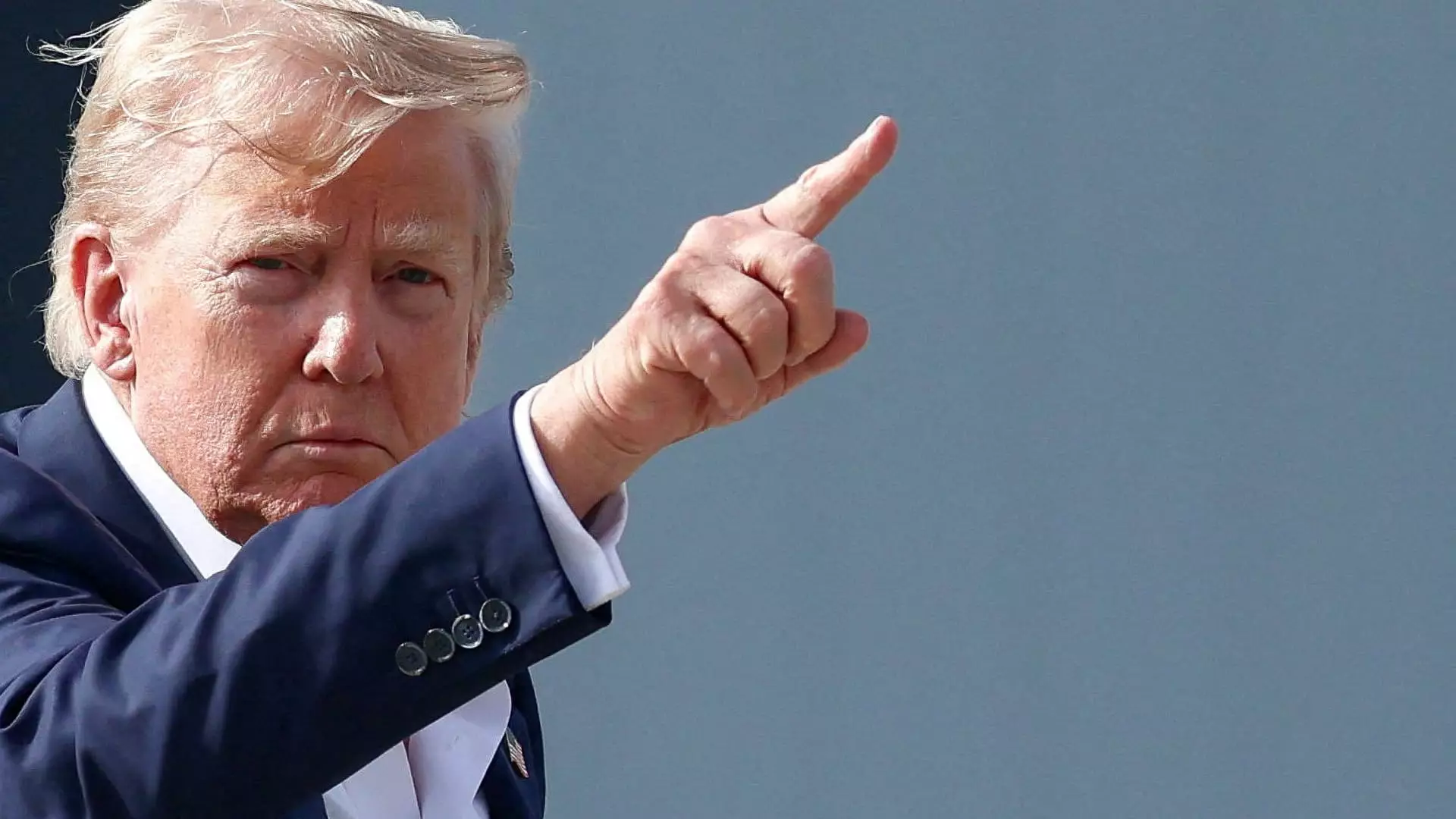Recent threats by President Donald Trump to seize federal control of Washington, D.C., highlight a deeper, more troubling truth: superficial political narratives are insufficient to tackle the city’s systemic violence. Trump’s rhetoric centers around “out-of-control” youth crime, suggesting a quick-fix that ignores the root causes. His calls for federal intervention aim to appeal to populist fears but neglect the complexity that defines urban violence. As a center-leaning observer, I believe that such proposals risk exacerbating existing tensions, fostering an environment where political opportunism trumps genuine solutions. The focus on juvenile crime, while pressing, should prompt us to question whether authoritative overreach would merely mask the deficiencies of local governance and community investment in social programs.
The Myth of Zero Tolerance and Its Hidden Costs
Publicly, figures like Trump and others emphasize cracking down on juvenile offenders, even suggesting they be tried as adults. While this resonates with a certain tough-on-crime audience, it oversimplifies the social dynamics involved. Harsh sentences for minors may temporarily appear to restore order, but history warns us that such approaches perpetuate cycles of incarceration and social marginalization. Relying solely on punitive measures ignores underlying issues like poverty, lack of education, insufficient mental health support, and community disinvestment—factors that breed violence year after year. Politicians who prioritize enforcement over addressing these fundamentals risk creating a cycle of criminalization, which ultimately undermines the American ideals of fairness and rehabilitation.
Federal Intervention: A Short-Sighted Solution with Long-Term Dangers
The threat of federal takeover presents an allure for many politicians craving a quick resolution to chaotic headlines. Yet, this interventionist approach neglects local nuances and the importance of community-led initiatives. Washington, with its unique federal status, already faces complexities in governance, often hampered by bureaucratic gridlock. Imposing federal control could strip away necessary local autonomy, alienate residents, and deepen mistrust in government. Progress in urban crime reduction hinges not on executive fiat but on integrated strategies—comprehensive policing reforms, investment in education, mental health services, and economic opportunities. Federalism, if leveraged wisely, offers the chance for coordinated efforts, but heavy-handed tactics threaten to erode the sense of community ownership essential for lasting change.
The Reality Behind Crime Statistics: A Disparaging Narrative?
While politicians sensationalize the chaos, preliminary police data indicates a significant 26% decline in violent crime from last year. This counters the narrative of an “out-of-control” city and suggests that the situation, while serious, is improving. Yet, media and political rhetoric often ignore these facts, favoring fearmongering to push policies that may be structurally flawed. The recent violence involving a congressional intern and the assault on Coristine highlight tragic incidents that demand attention—but they do not define the entire city’s safety landscape. Addressing urban violence requires nuanced, evidence-based approaches rather than reactive politics rooted in fear.
Community and Policy: The Real Foundations of Safety
Ultimately, the focus should shift from sensational headlines and populist threats towards fostering healthy communities and resilient social systems. Investment in youth programs, job opportunities, housing stability, and mental health care are critical elements often overlooked in political debates. True safety emerges from empowering neighborhoods, building trust with law enforcement, and addressing economic disparities. This shift requires leadership that recognizes the complexity of urban crime and resists the temptation to resort to authoritarian quick fixes. Only then can Washington begin to heal its fractured social fabric and create an environment where citizens can feel truly protected—not just by the law, but by the strength of their communities.


Leave a Reply